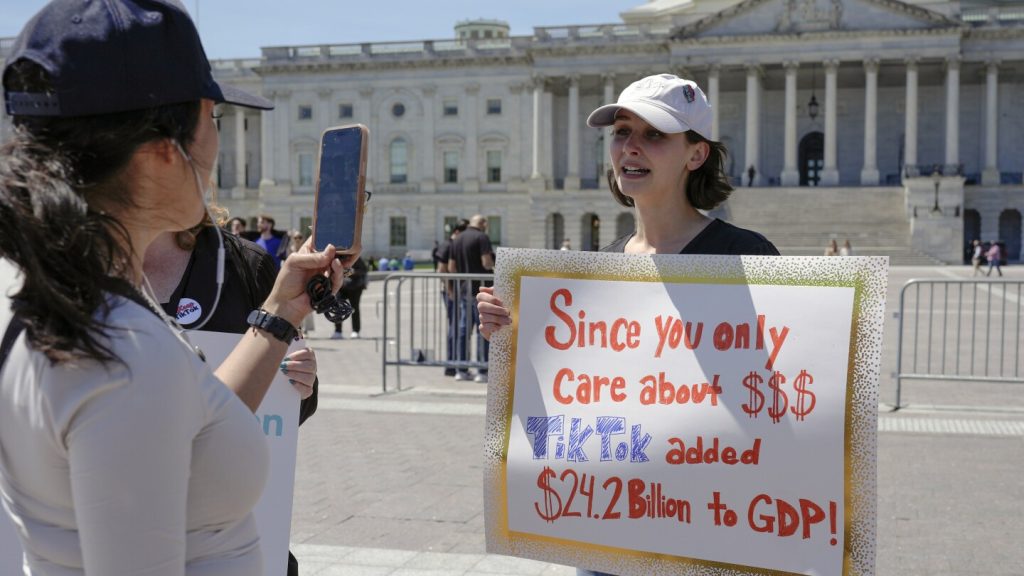TikTok, the popular video-sharing app, is facing increased scrutiny and bans in various countries around the world, including the U.S. The concerns surrounding TikTok are primarily related to privacy and cybersecurity, with worries that the China-based parent company, ByteDance, could potentially share user data with the Chinese government. In response to these fears, the U.S. has introduced new laws that could lead to a nationwide ban of TikTok unless ByteDance divests. This would be a significant blow to the app, which has already been banned in multiple countries and restricted on government-issued devices in others.
Several countries have already implemented partial or total bans on TikTok due to concerns about privacy, security, and misinformation. Some of these bans include Afghanistan, Australia, Belgium, Canada, China, Denmark, European Union, France, India, Indonesia, Latvia, Netherlands, Nepal, New Zealand, Norway, Pakistan, Somalia, Taiwan, United Kingdom, and the United States. Each of these countries has cited various reasons for the ban, ranging from data security concerns to the promotion of immoral content. The bans have impacted government employees, lawmakers, and citizens, with restrictions on both work and personal devices.
In the United States, TikTok is facing increasing scrutiny, with government agencies ordered to delete the app from federal devices and systems over data security concerns. More than half of the 50 U.S. states have also banned the app from official devices, along with Congress and the U.S. armed forces. Efforts to implement a state-wide ban in Montana and a proposal in Virginia to block kids from using it have not been successful. The concerns in the U.S. echo those in other countries, with fears of potential data sharing with the Chinese government driving the push for restrictions.
TikTok’s parent company, ByteDance, has consistently denied sharing user data with the Chinese government, and the CEO of TikTok has taken a defiant stance, vowing to fight back against the proposed bans and restrictions. The company has also emphasized that it is committed to protecting user privacy and data security. Despite these assurances, the concerns surrounding TikTok have led to widespread restrictions in countries around the world, with a growing number of governments implementing bans on official devices and networks.
The bans on TikTok in various countries have had significant implications for users, both in terms of access to the app and concerns about data security and privacy. Governments have cited a range of reasons for the bans, including worries about the potential influence of the Chinese government, the spread of misinformation, and the promotion of immoral content. As the debate around TikTok continues, the app’s future remains uncertain, with ongoing efforts to address the concerns raised by governments and regulators. The global response to TikTok reflects broader concerns about data privacy and security in an increasingly interconnected digital world.
As the debate around TikTok and its parent company ByteDance continues, it is clear that the app’s future is at a crossroads. The widespread bans and restrictions imposed by various countries highlight the growing concerns about data privacy, security, and potential foreign influence. With governments around the world taking action to limit or ban TikTok, the app’s ability to operate on a global scale is increasingly under threat. As the situation evolves, it remains to be seen how TikTok will navigate the challenges it faces and whether it can overcome the regulatory hurdles to maintain its popularity and user base.


